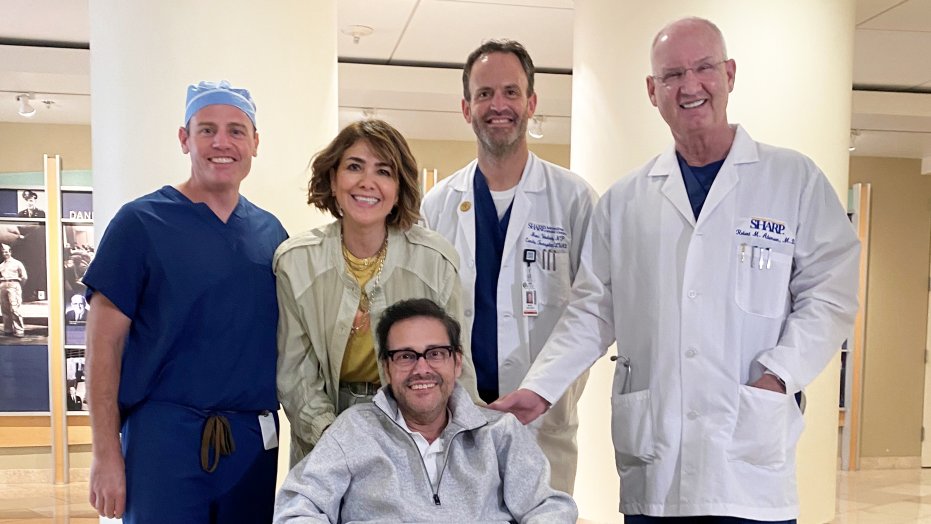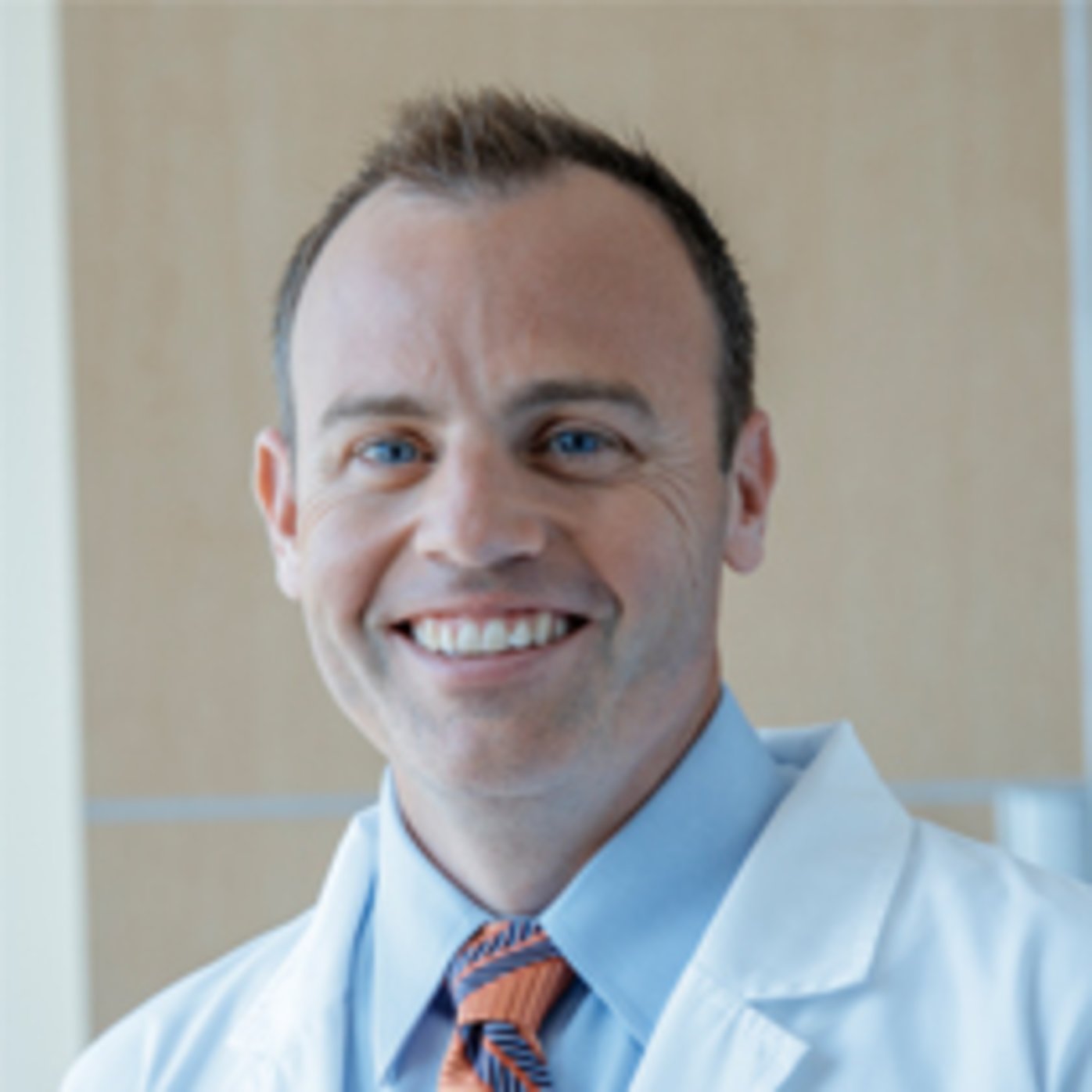
Advances lead to safer and more successful robotic surgeries
Advances in surgical technology are making hernia repair and gallbladder removal safer and more successful.
It was during a spin class in November 2022 when Rafael Nenninger collapsed. His heart had suddenly stopped beating.
Although he knew his parents were genetically predisposed to heart issues, Rafael, age 57, previously had no idea that he, too, had problems. He regularly swam and played tennis, and felt no troubling symptoms until several days before, when he experienced shortness of breath. He figured it was nothing — it wasn’t.
Paramedics rushed Rafael to the emergency room at Sharp Chula Vista Medical Center, where he was resuscitated. He was then transferred to Sharp Memorial Hospital for evaluation.
“I didn’t even feel dizzy before I collapsed,” Rafael says. “I don’t remember much about the paramedics coming — I just recall waking up at Sharp Memorial.”
Advanced heart failure causes other, serious concerns
Rafael’s heart was struggling to recover. Not even coronary artery bypass or stents could help. Due to the severe state of his advanced heart failure, it was determined Rafael needed a heart transplant for a chance at survival.
However, as he waited several months for a transplant, Rafael repeatedly experienced ventricular tachycardia, which occurs when the heart abnormally beats rapidly. “Mr. Nenninger also had multiple cardiac arrests during this time,” says Marc Verlasky, lead nurse practitioner of Cardiac Transplant and Heart Failure Services at Sharp Memorial.
The severity of his cardiac issues also caused kidney failure. So, Rafael began dialysis while hospitalized.
Unfortunately, his heart complications continued. Rafael’s Sharp care team placed him on ECMO (extracorporeal membrane oxygenation), a form of life support that replaces the function of the heart and lungs. “I was asleep under sedation for most of January while trying to survive,” says Rafael.
Rafael’s heart needed to be stabilized enough for a heart transplant. But no one could say exactly when that would take place, as waiting for a heart can take up to six months.
During this time, Rafael received both a left ventricular assist device (LVAD) and a right ventricular assist device (RVAD) to help pump blood to both sides of his heart and body. His condition was so severe that his Sharp care team wondered if he would be strong enough to withstand a heart transplant.
“Mr. Nenninger was so weak that he was barely able to stand,” says Dr. Karl Limmer, a Sharp Community Medical Group cardiothoracic surgeon affiliated with Sharp Memorial.
A positive attitude — and extraordinary care — leads to good health
Thankfully, by the end of March, Rafael’s condition stabilized. He received news that he could receive both kidney and heart transplants.
On March 30, Rafael received a heart transplant. The day after, he received a kidney transplant.
“I am blown away by Mr. Nenninger’s optimism and upbeat attitude,” says Dr. Limmer, who performed Rafael’s heart transplant. “He dealt with so many complications, but he often smiled and never became angry.”
As Rafael recovered from his transplants, he received occupational and physical therapy to regain strength in his fingers and right arm. And in May, he was discharged from the hospital while surrounded by his family and Sharp care team, including cardiothoracic surgeon Dr. Robert Adamson and cardiologist Dr. Justin Parizo, both Sharp Community Medical Group doctors affiliated with Sharp Memorial.

From left to right: Dr. Karl Limmer; Miriam Nenninger, Rafael Nenninger’s wife; Rafael Nenninger; Marc Verlasky and Dr. Robert Adamson.
“I am incredibly thankful to my Sharp caregivers for saving my life,” says Rafael. “I could tell that this is not just a job they perform but a calling they commit to.”
Rafael’s care team also appreciates the significance of his recovery and is elated to see him now thrive. “Mr. Nenninger’s story is the biggest miracle I’ve ever seen in my career,” says Verlasky.
Learn about heart and vascular care at Sharp HealthCare.
For the news media: To talk with Marc Verlasky about this story, contact Erica Carlson, senior public relations specialist, at erica.carlson@sharp.com.

The Sharp Health News Team are content authors who write and produce stories about Sharp HealthCare and its hospitals, clinics, medical groups and health plan.

Marc Verlasky is the lead nurse practitioner of Cardiac Transplant and Heart Failure Services at Sharp Memorial Hospital.

Dr. Karl Limmer is a cardiothoracic surgeon, cardiovascular surgeon, thoracic surgeon and vascular surgeon with Sharp Community Medical Group and affiliated with Sharp Memorial Hospital.
Our weekly email brings you the latest health tips, recipes and stories.